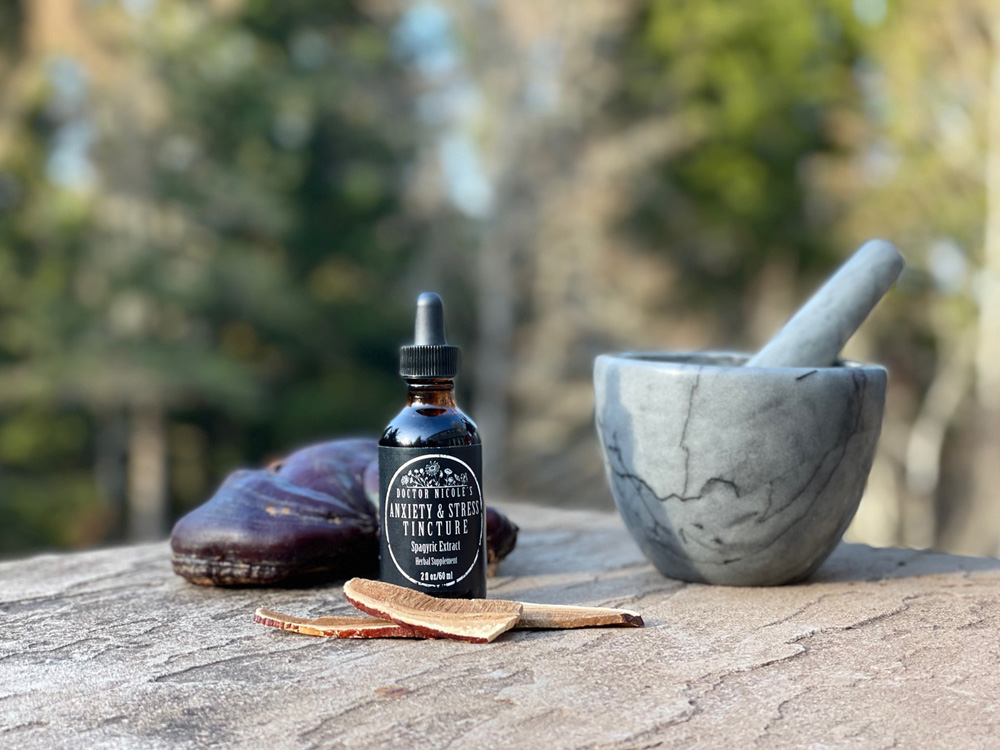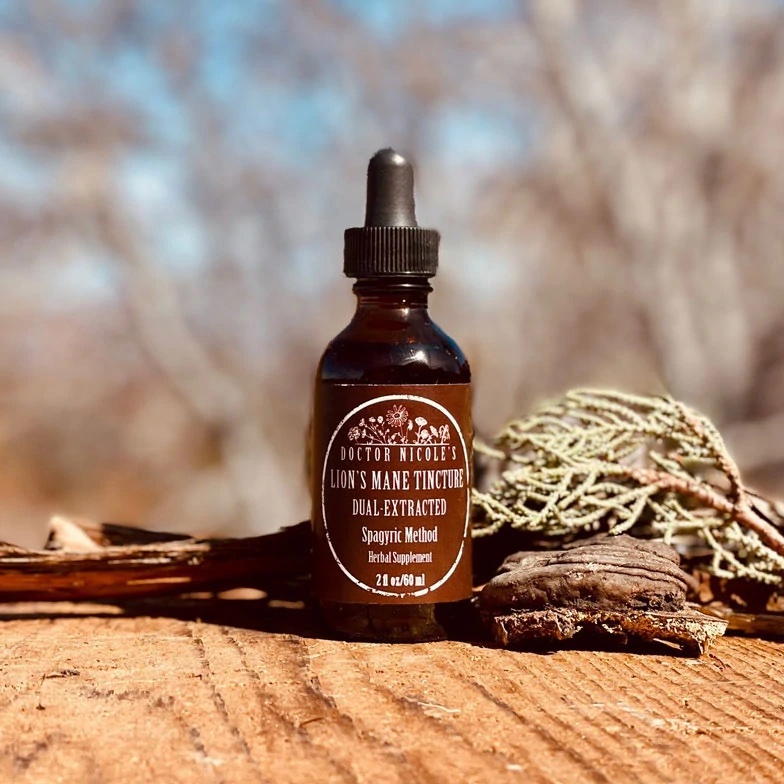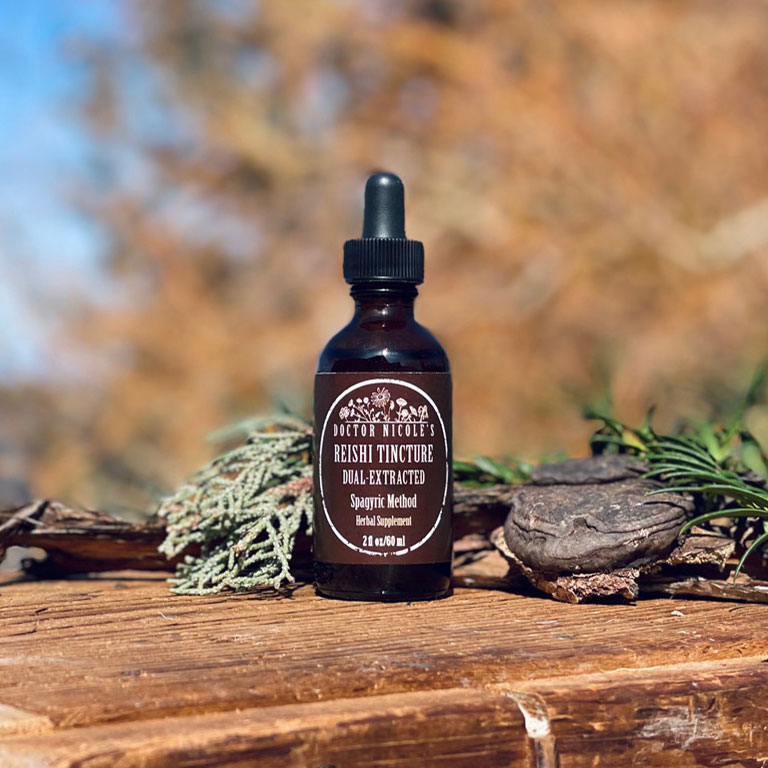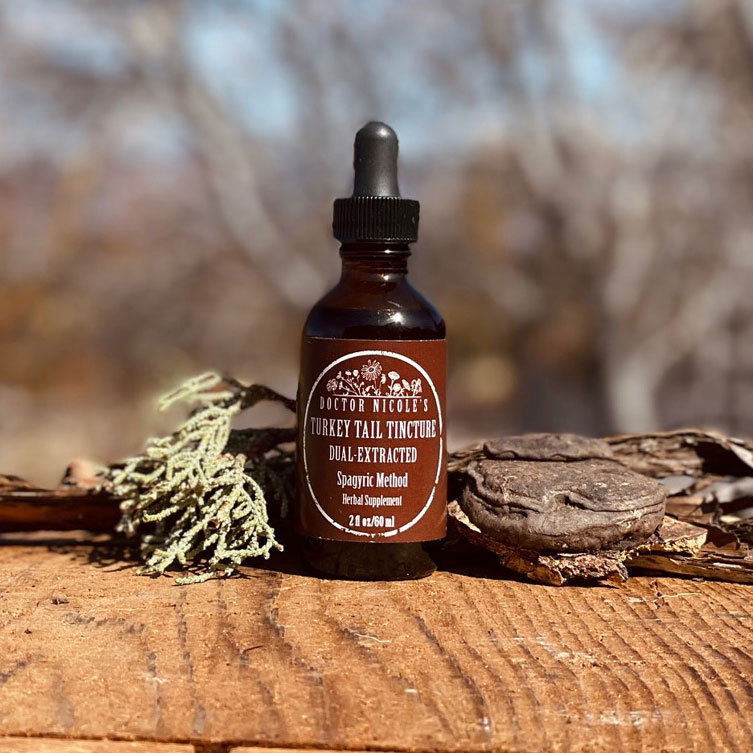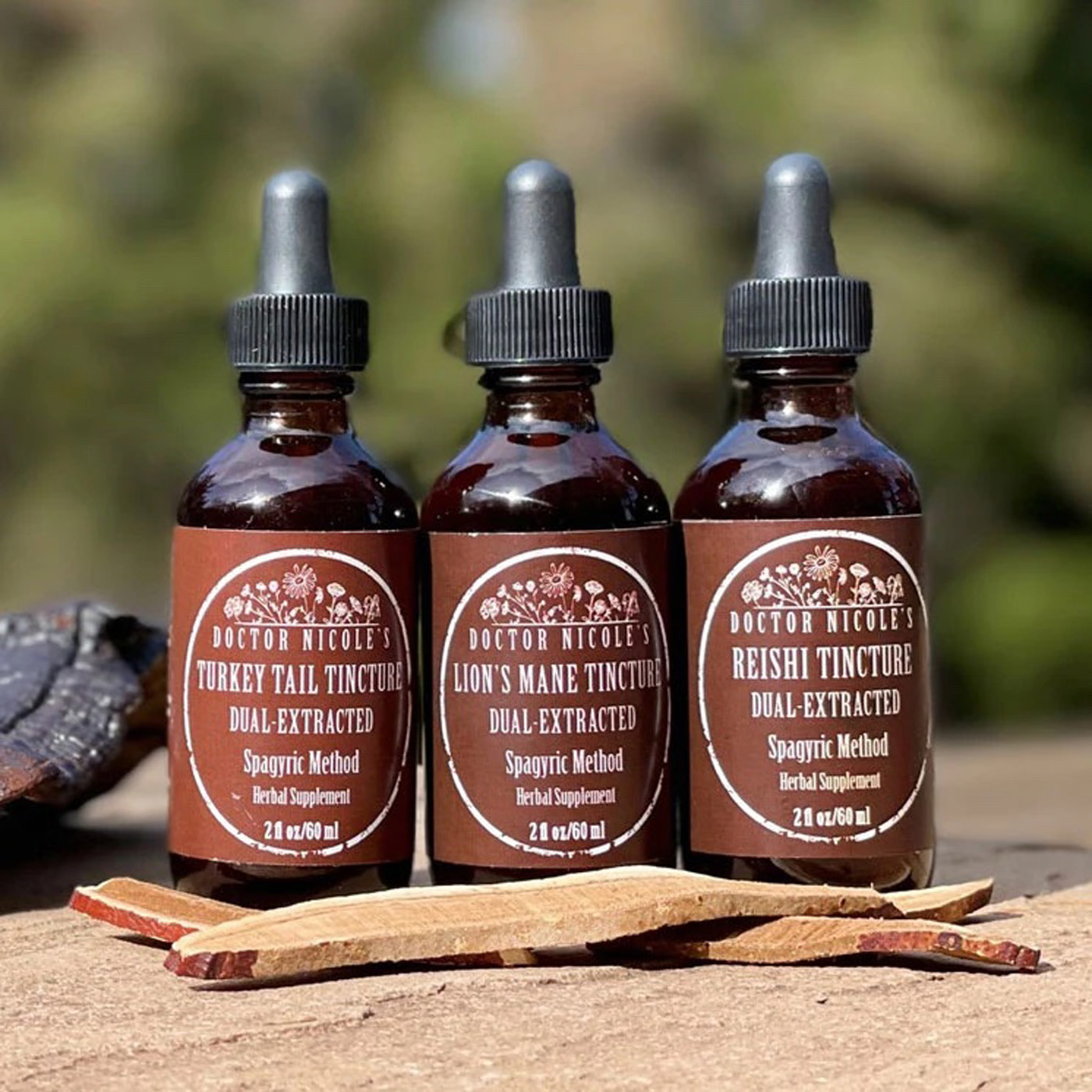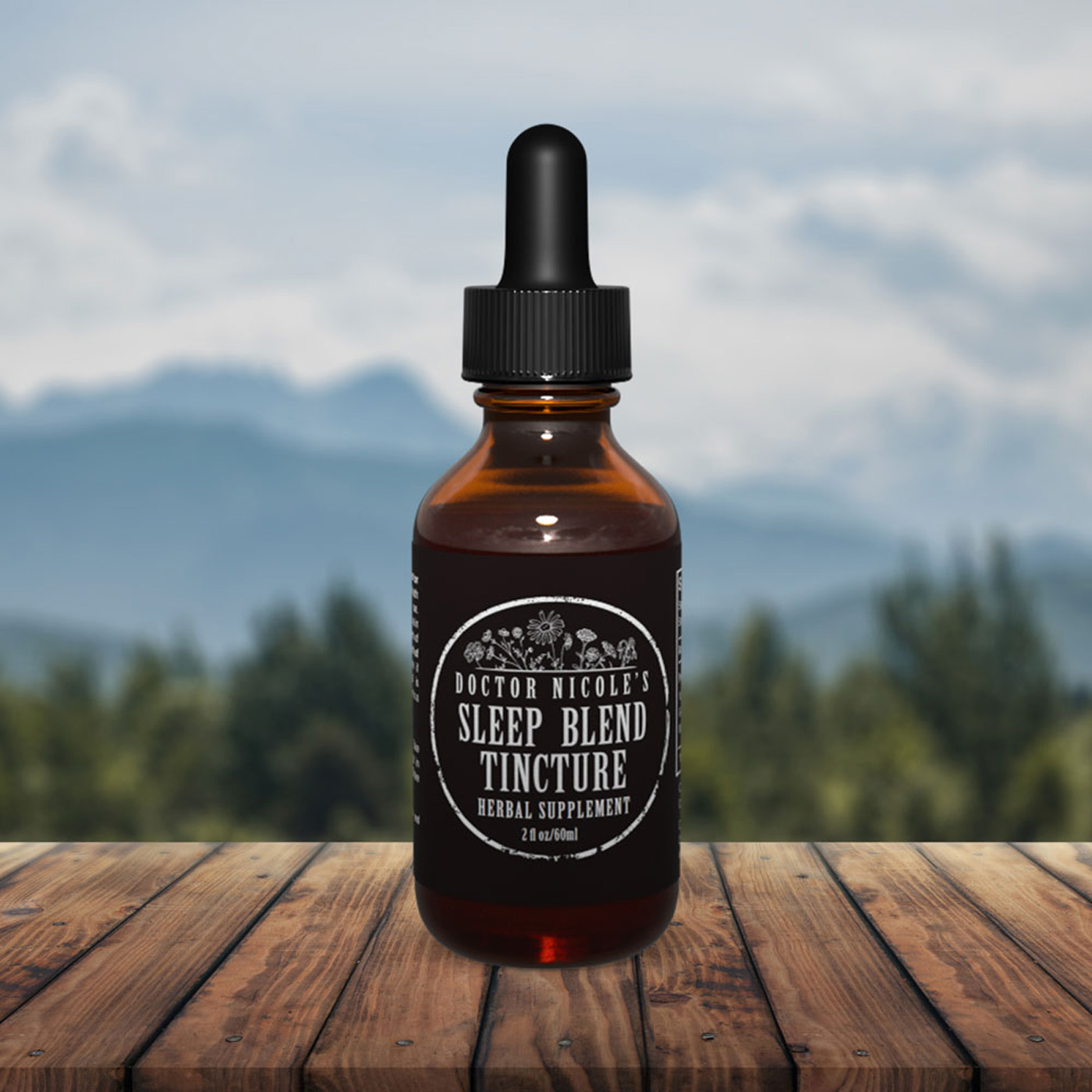“If you’re paying attention to your phone, you’re not paying attention to anything else. That might seem like a throwaway observation, but it’s actually deeply profound. Because you will only remember the things you pay attention to.” -Catherine Price, author of How to Break Up With Your Phone.1
Technology, Modern Life, and You
There’s no doubt that smartphones are an integral part of our modern lives. This portable technology helps us stay connected to friends, family, and work associates, allows us to share areas of interest instantaneously, gives us step-by-step directions to a location, and even taking a video requires nothing more than the tap of a button. And as Americans, we love convenience, to the point where we spend more than four hours a day using this small pocket computer.
But researchers have noticed a disturbing trend with smartphone use — namely, an uptick in memory issues and mental health conditions such as anxiety, melancholy, and ADHD.4,5 What’s more, smartphone use has been associated with a reduction of gray matter density in the hippocampus region of the brain that can lead to an increased risk of depression and some forms of dementia. It can also result in thinning of the cortex, which is linked with several neurological diseases and severe headaches.
Beyond tossing your device for good, which, honestly, isn’t an option for most of us, what can we do to minimize the negative impact? Experts in cognitive health weigh-in and provide simple suggestions about how to navigate smartphone use in a healthy way. I’ll also provide some cognitive-boosting tips that help to protect the brain and off-set issues that may arise from our devices.
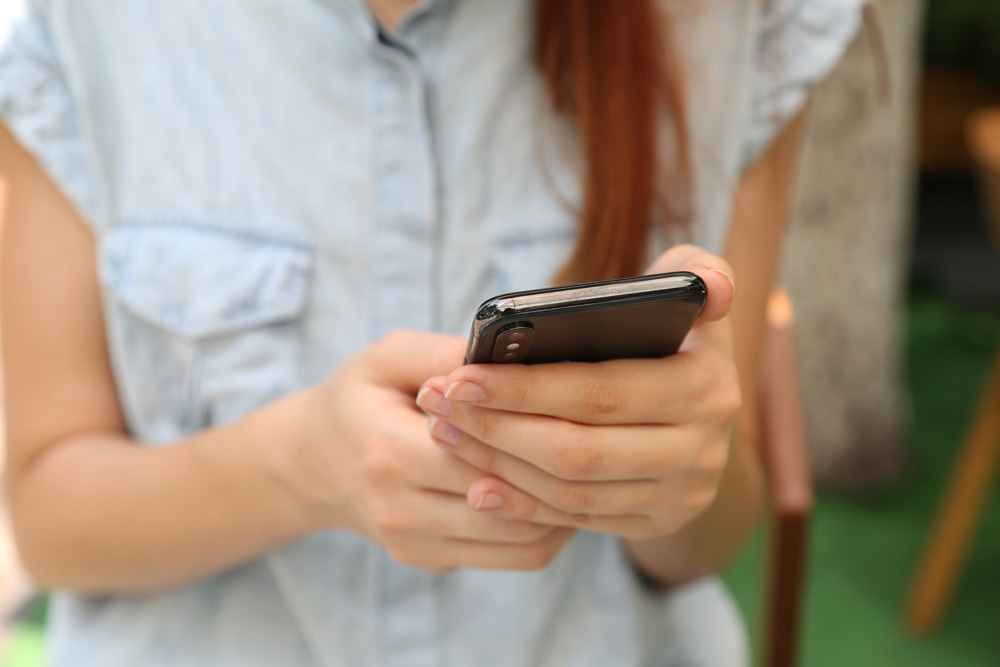
Negative Changes in the Brain Directly Tied to Smartphone Use
Oliver Hardt, a professor of neurobiology of memory and forgetting at McGill University in Montreal, points out that smartphones are actually changing the very structures of our brains — and not for the better. He stresses that convenience has a price:
“We can predict that prolonged use of GPS likely will reduce gray matter density in the hippocampus. Reduced gray matter density in this brain area goes along with a variety of symptoms, such as increased risk for depression and other psychopathologies, but also certain forms of dementia. … When exploring the spatial capacities of people who have been using GPS for a very long time, they show impairments in spatial memory abilities that require the hippocampus. Map reading is hard and that’s why we give it away to devices so easily. But hard things are good for you, because they engage cognitive processes and brain structures that have other effects on your general cognitive functioning.”1
The same can be said for memorizing a phone number or an address. More often than not, we delegate such a task to our smartphone contacts. However, research has shown that this over reliance on outsourcing memory is bad for our brains and cultivates lazy thinking.2
Additionally, an ongoing American study tracking over 10,000 school-aged children has discovered that MRI scans of the 10-year-olds brains showed a thinning of the cortex region of the brain that is normally associated with older ages. This thinning cortex is concerning as it can lead to Parkinson’s and Alzheimer’s disease later in life, as well as migraines.3 This finding should give any parent with a school-aged child pause for thought about device use.
Smartphone use is also associated with a host of behavioral and physical negative outcomes, including:
- Addiction to our smartphones that manifests as a loss of interest in activities and irritability when unable to use your device
- Increased anxiety and depression
- Relationship stress and impairment of social and emotional skills
- Insomnia
- Dopamine release every time a notification is received, causing increased risk for developing smartphone addiction
The fear of missing out partially drives the cycle of unhealthy smartphone use as it creates a negative feedback loop where you compulsively check your phone and social media feeds. If you are stressed, anxious, or depressed to begin with, you often turn to your device as a distraction from your problems — but it creates a vicious cycle of dependence and addiction. It also allows you to avoid constructive methods for addressing the stress, anxiety, or depression in your life.4
As Hardt mentioned, reading maps is difficult and this is why we tend to rely on technology to do the heavy lifting. But hard tasks are exceedingly good for our brains. Dan Kaufer, MD, agrees. He also points out that when we have such ready access to information via the internet, it results in a shallow and superficial way to gather information. Our brains don’t have to work as hard at making connections.
A good example is when you read a novel or non-fiction book without illustrations or pictures. Your brain is forced to generate images — instead of having a photograph that is already present where we can be a passive consumer, so to speak. When you read a book in lieu of watching a movie or viewing images on our device, the brain needs to work harder to make connections in different regions, so the information goes deeper — and there is a much better chance it will become hardwired into your memory.
It may seem like a Herculean task to rein-in your smartphone use, but training yourself in a few basic areas is fairly easy. Think of it as a daily “smartphone hygiene” habit. Here are a few ideas to get you started.

My Top Smartphone Tips for a Better Quality of Life
First and foremost, deleting social media apps from your phone is a giant leap in curbing smartphone addiction. Having to type in the webpage address and signing into your account each time is a major deterrent to popping onto social media a half a dozen times a day. If you find this challenging as a starting point, there are apps and software available you can use instead that limit the time you are allowed to spend on a particular website.
Next is turning off notifications — for everything. Rather, designate a small block of time each day where you check email and chat messages. If you are concerned about missing something from work, establish several blocks of time throughout the day that are specifically designated for work-only correspondence. It may also be helpful to inform your colleagues, friends, and family that you are off email and chat except for those times. If an emergency arises, have coworkers or family call you instead. Not only will this habit help to break smartphone addiction, it will also boost productivity and brainpower.
Many have found (myself included) that having designated “device-free” times during the day are helpful in cultivating deeper and more meaningful relationships with those around us and improving overall wellbeing. Mealtimes especially should be off-limits for device use. You will be amazed at how much time is freed up to pursue hobbies and other leisure activities.
Once you get a taste of going device-free for small blocks of time during the week, you may want to take it a step further and unplug completely over the weekend — or longer. I personally have found that unplugging at least one day a week renews my energy, creativity, and cognitive health like nothing else. Spending this time in nature is even better! More information on the benefits of this practice, along with additional lifestyle tips, can be found in my post: “Unplugging: Why a Device and Media Detox is Good Medicine.” Give it a try and see!
Improving Wellbeing with Herbal Medicines
Natural remedies are the perfect addition to any smartphone and device hygiene habit. These powerful botanicals help calm stress and anxiety, while encouraging sound, rejuvenating sleep.
Medicinal mushrooms such as reishi, lion’s mane, and turkey tail are outstanding for helping you navigate the stressors of daily life in a healthy way. One in particular — lion’s mane — even helps to change the very structure of your brain by helping to create new brain cells via a compound called Nerve Growth Factor (NGF).6 In fact, I use it everyday to manage my MS — and it works! Since restful sleep is crucial for cognitive function, I also use our potent Sleep Blend to help me fall asleep faster and stay asleep longer. This formulation has been a true blessing, especially as I travel the path of menopause.
To learn more about how my Anxiety & Stress, Mushroom Trio, and Sleep Blend can change your life for the better, visit the apothecary today!
Nicole Apelian
Nicole’s Apothecary Products in this Post
References
- Rebecca Seal. “Is your smartphone ruining your memory? A special report on the rise of ‘digital amnesia’”, The Guardian, July 3, 2022. https://www.theguardian.com/global/2022/jul/03/is-your-smartphone-ruining-your-memory-the-rise-of-digital-amenesia?
- Nathaniel Barr, Gordon Pennycook, Jennifer A. Stolz, Jonathan A. Fugelsang. “The brain in your pocket: Evidence that Smartphones are used to supplant thinking.” Computers in Human Behavior, 2015; 48: 473 DOI: 10.1016/j.chb.2015.02.029
- The Adolescent Brain Cognitive Development (ABCD) Study®. https://abcdstudy.org
- Elhai, J. D., Dvorak, R. D., Levine, J. C., & Hall, B. J. (2017). Problematic smartphone use: A conceptual overview and systematic review of relations with anxiety and depression psychopathology. Journal of affective disorders, 207, 251–259. https://doi.org/10.1016/j.jad.2016.08.030
- Wacks, Y., & Weinstein, A. M. (2021). Excessive Smartphone Use Is Associated With Health Problems in Adolescents and Young Adults. Frontiers in psychiatry, 12, 669042. https://doi.org/10.3389/fpsyt.2021.669042
- Lai, P. L., Naidu, M., Sabaratnam, V., Wong, K. H., David, R. P., Kuppusamy, U. R., Abdullah, N., & Malek, S. N. (2013). Neurotrophic properties of the Lion’s mane medicinal mushroom, Hericium erinaceus (Higher Basidiomycetes) from Malaysia. International journal of medicinal mushrooms, 15(6), 539–554. https://doi.org/10.1615/intjmedmushr.v15.i6.30


